
When to Start Training a Puppy. According to psychologist Stanley Coren, the smartest dogs can recognize more than 250 words, signals and gestures. Dogs can also count to about five. Part of this is instinct, but part of it is training. Training a dog should begin as soon as he is able to recognize you as the person who cares for him.
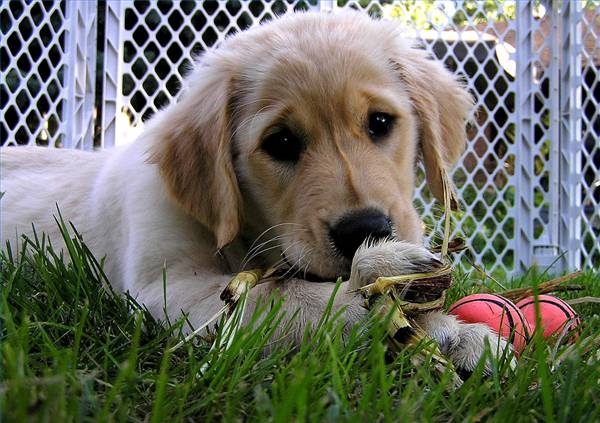
Dogs are pack animals; as part of a pack structure there is always a leader, or "alpha dog." You will take on this role: food provider, protector, provider of comfort and playmate. From three weeks until about nine weeks of age, training should consist of tasks that reinforce this. House training is one of the first things that a puppy should learn when he comes home. Begin teaching your puppy how to walk on a leash as well as the command "No" and what it means. From the age of three to 16 weeks, a dog will bond with you and begin to realize pack structure. This is the best time to socialize your dog as well as encourage good behaviors when he exhibits them to build the confidence he will need to grow into a healthy, well-adjusted dog.
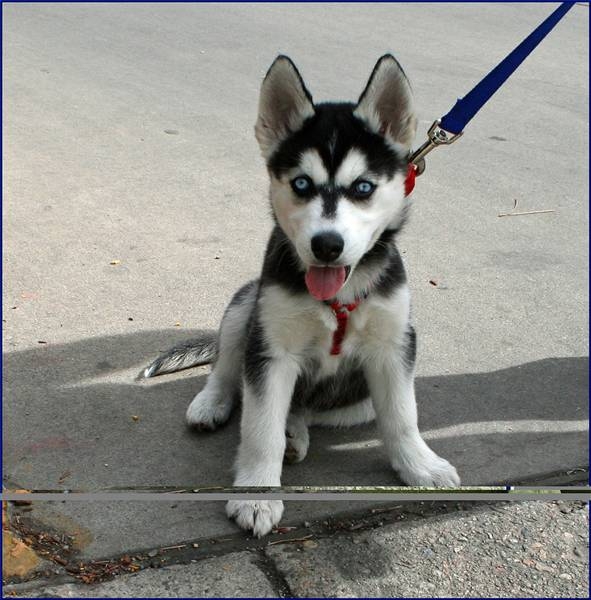
Obedience training should begin between three and six months of age. At this time a dog will begin to realize and connect the actions with the words. Obedience training consists of basic commands such as "sit," "stay," "come," "heel" and "down." Obedience training requires absolute consistency from the owner and all other household members. If different signals are used for the same command, the dog will become confused. Use a system called "Ask, Tell, and Command." This gives your dog 2 chances to complete the task you've set before her. First, ask her to sit. If she refuses, use a firmer voice and tell her to sit. If she still does not comply, use a very firm voice and physically position her in sitting position. Praise her, even though she did not complete the action immediately and she will begin to learn that if she completes the action during the "ask" phase, she will be rewarded sooner.
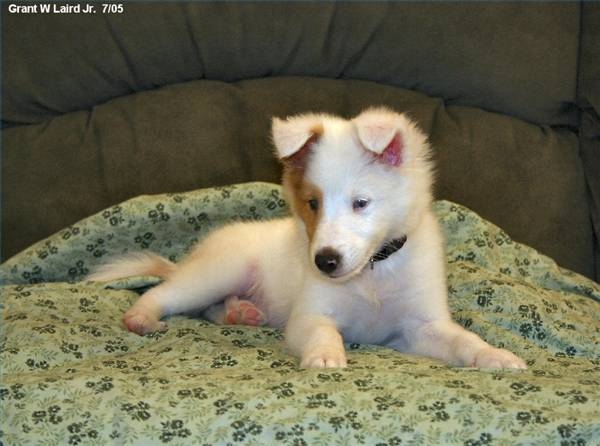
Praise your dog when he does what you ask of him. Praise can consist of a treat, a verbal cue such as "good dog" or a quick pet. Overpraising a dog can have bad consequences, causing a dog to forget the task he just learned or why he is being praised. Keep praise short, but meaningful, during training sessions.
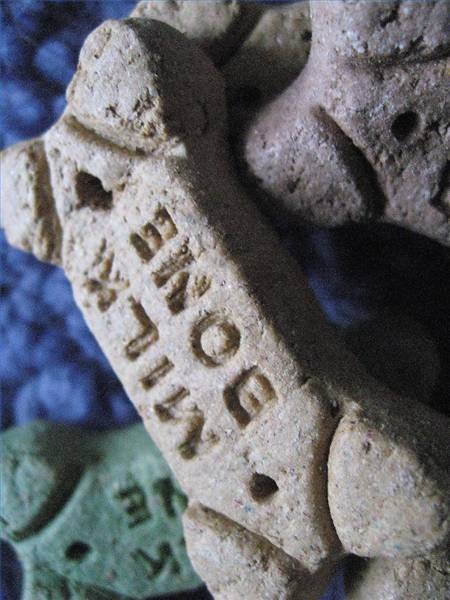
Never punish a dog physically. Don't punish a dog for something you did not catch her doing, but rather discovered later. The best discipline for a dog is a firm "No." Dogs understand the change of vocal tone better than any physical punishment. Direct the dog to do what she should be doing, rather than use physical punishment.
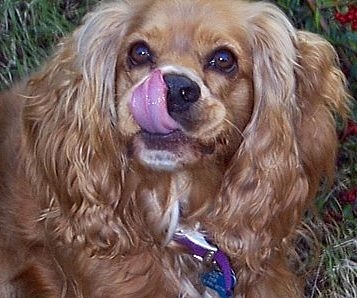 How to Night House Break or Train a Dog or Puppy
How to Night House Break or Train a Dog or Pup
How to Night House Break or Train a Dog or Puppy
How to Night House Break or Train a Dog or Pup
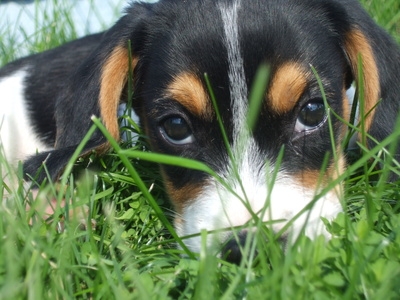 The Toilet Training Spray for a Puppy
The Toilet Training Spray for a Puppy
The Toilet Training Spray for a Puppy
The Toilet Training Spray for a Puppy
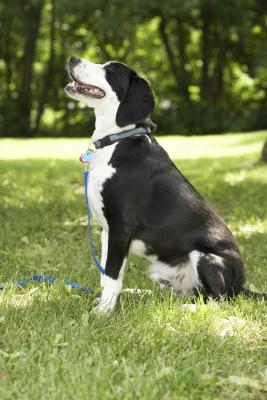 How to Train a Dog With an Electronic Training Collar
How to Train a Dog With an Electronic Training
How to Train a Dog With an Electronic Training Collar
How to Train a Dog With an Electronic Training
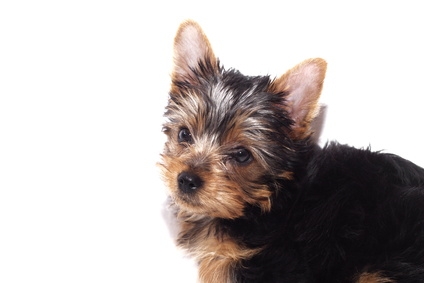 How to Potty Train a Yorkie on Puppy Pads
How to Potty Train a Yorkie on Puppy Pads
How to Potty Train a Yorkie on Puppy Pads
How to Potty Train a Yorkie on Puppy Pads
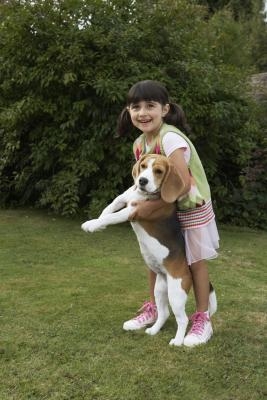 Puggle Training Tips
Puggle Training Tips
Puggle Training T
Puggle Training Tips
Puggle Training Tips
Puggle Training T
Copyright © 2005-2016 Pet Information All Rights Reserved
Contact us: www162date@outlook.com